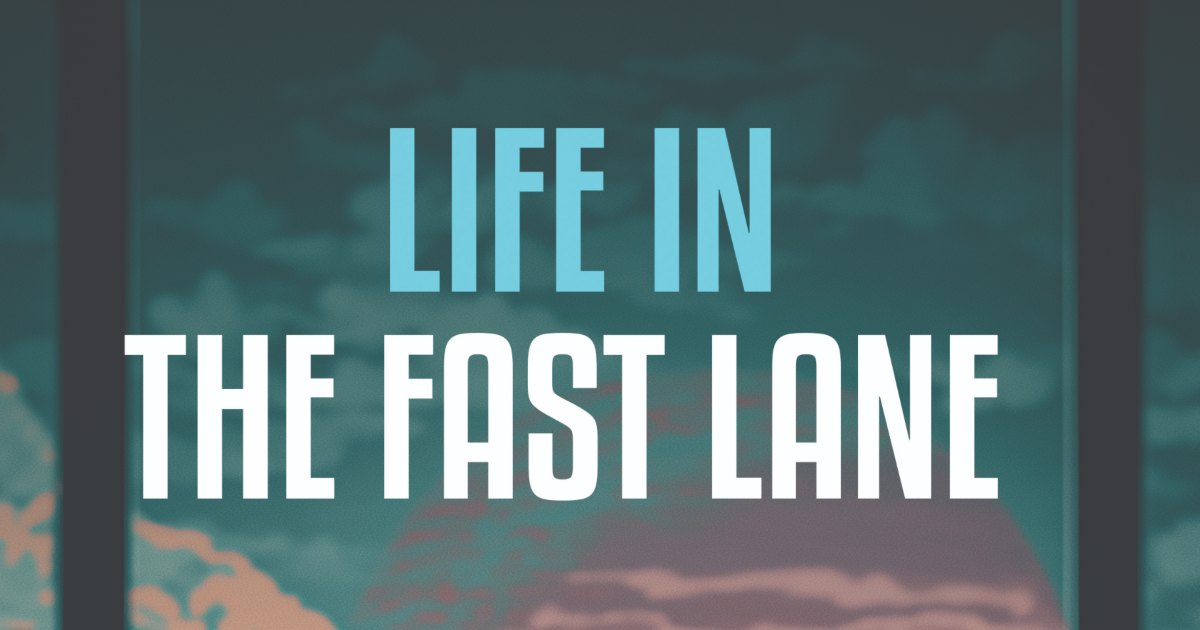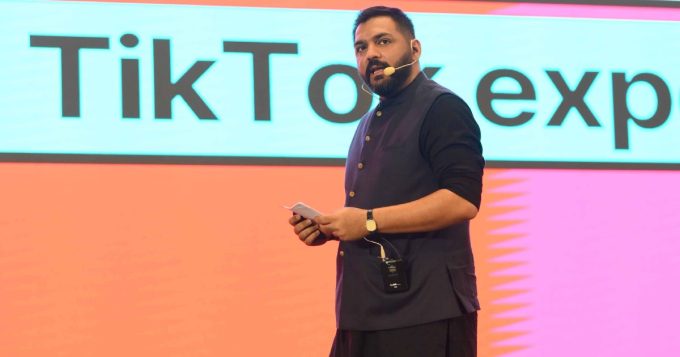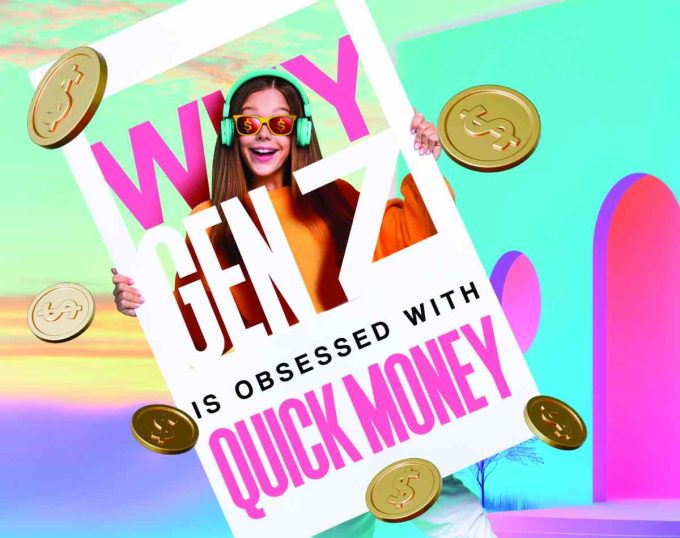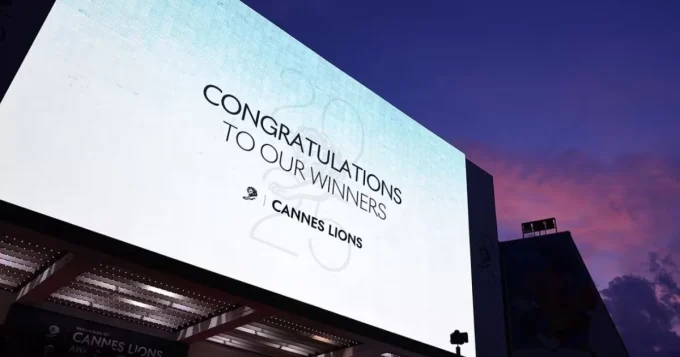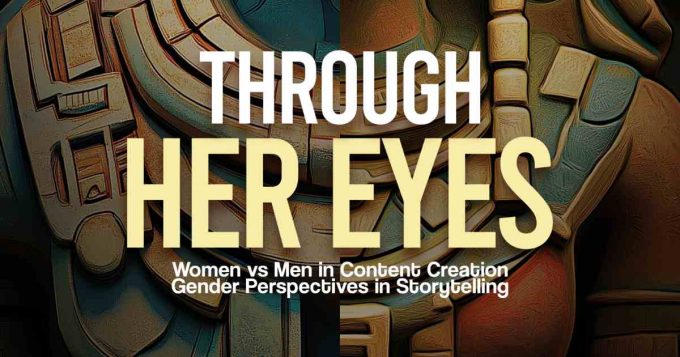In a world driven by speed and distraction, Tyron Tellis, makes a compelling case for slowing down. Inspired by The Eagles’ ‘Life in the Fast Lane,’ he reflects on the emotional and physical toll of our fast-paced lifestyles. He shares practical steps to avoid burnout and rediscover joy.
The Eagles, one of the greatest bands in the history of great bands, had a hit in the 1970s with a song called ‘Life in the Fast Lane.’ It was about a couple who fall together and burn with passion, and due to their fast-paced life and lifestyle, they enjoy the highs.
Eager for action, hot for the game
The coming attraction, the drop of a name
They knew all the right people,
they took all the right pills
They threw outrageous parties,
they paid heavenly bills
There were lines on the mirror, lines
on her face
She pretended not to notice, she was caught up in the race
Out every evening, until it was light
He was too tired to make it,
She was too tired to fight about it
We, in the modern world, are seduced into believing that life needs to be quick and a blur. No time for care and rest. It seems like, as an adult, you have to firmly support the idea that an idle mind is the devil’s workshop and all engines need to be revved, 24/7. We are surrounded and surround ourselves with weapons of mass distraction under the allure of productivity. The question arises is this the best way to live? I firmly believe it is not. So, what’s the way forward or the way back from the edge of the abyss that awaits? The inevitable burnout, the emotional tornado and feeling low and depressed? How can we be more present and mindful?
You are Human
The first step for the return to ‘innocence’ is to understand and acknowledge our humanity and frailty. We are not machines; we are human beings who love to think of ourselves as superhuman or robots. But the fact of the matter we are an amalgamation of living systems in a living system, living in the system we call the Earth. To change our perspective, we have a dire need to reframe what we value and what we avoid. Getting in touch with our body and listening to it and what it requires. Other than the basic needs of food, shelter, and intimacy, is a very powerful starting point.
Slow and Steady
We have all heard the adage ‘slow and steady wins the race.’ Well, there is no race, in any case, its more reason to go slow and steady. From the time we are children, we are pushed and pushed into a race; I won’t say rat race because rats are smarter than that. We are compelled to run as fast as we can, often without knowing where or why. If you travel on the roads of Karachi, you can see that people in a hurry lead to more problems, obstacles, and blockages than if they were to proceed at a slower pace. Being more attuned with the world of nature and the Universe requires a reset or reframe. COVID presented an opportunity for that, one that scared us.
Swim Against the Stream
We live in an age of knowledge and empowerment, yet the whole of modern mankind has never been so mentally ill. The reason for this can be found mostly in the fact that we mistake our desire to fit in with our desire to belong. As I learn fascinatingly from Brene Brown, fitting in is changing yourself to be accepted. Whereas belonging is showing up as you are. Of course, this is harder than it sounds because we have been through a literal lifetime of having our spirits broken and beaten down so that we conform. The process starts at home but is carried on at school, college, work and societal level.
If you think about it at a basic level, humans are social and herd animals, we need community and acceptance to not only grow but to survive. Sadly, that’s what we do to get the approval and love we crave actually ends up killing our self-worth. That is the price we choose to pay and it can be disastrous with consequences. Instead, we need to be more like the salmon trying to reach its spawning ground. Swim against the stream, get back to our roots and heal our inner child and regain trust and belief in ourselves.

Find Our Own Road
Sticking with the highway analogy, we have been sold the belief that life is fast-paced and we have no choice but to drive on down the highway. Speaking of life, I remember a board game my friends and I played as teens. It was called the ‘Game of Life.’ You each had a car, you started off, you got married, found a job, and had children. You journeyed down the board game, and the person who reached the end first won.
We enjoyed playing the game, even though we were all young boys. But the point is that life is never linear or straightforward as that game. You can take detours, change direction and choose to go at your own pace. And also choose where you go and why. I’m sure that life is a sort of spiral, we spiral up or down. It’s in our power and ability to decide that for the majority of the time, how we react to the changes, and whether we resist or go with the flow
Get Uncomfortable
If I had a dollar every time I’ve heard someone talk about growth happening outside of your comfort zone, I would be pretty rich. The beauty of motivational or inspirational quotes is that they can be the perfect thing we need to hear in order to not take action. Yes, to not take action! We lull ourselves back into inertia, comforting our minds that we know what needs to be done. Then we conveniently do not do it. Mel Robbins in her amazing TED Talk. Spoke about ‘How to Stop Screwing Yourself’, talks about activation energy and how we need to get comfortable being uncomfortable.
One thing we need to really learn or unlearn is the labelling of emotions as good and bad, aside from the real and present danger of toxic positivity. The long lasting and devastating effects of repressing emotions, is something I’ve learnt and it’s recommended by psychologist Joan Rosenberg. We need to lean into uncomfortable and unpleasant emotions. Emotions like anger, sadness, shame, helplessness, vulnerability, embarrassment, disappointment, frustration, and the most difficult of all, grief.
Love Yourself Again
There is plenty of talk about learning to love yourself. But the reality is that we have been conditioned not to love and care for ourselves. Dr. Kristin Neff calls herself a self-compassion evangelist. She believes that we need to focus on self-compassion, which is made up of kindness, shared humanity and mindfulness. She learnt the hard way during a divorce and the challenges and joys of raising an autistic child. I think we actually do need to divorce and strip ourselves from what’s popular, but might not be helpful. Putting ourselves first is a much-needed and critical step. Let’s start today.

